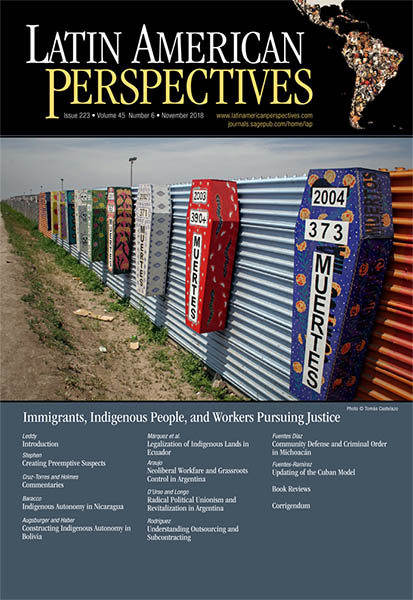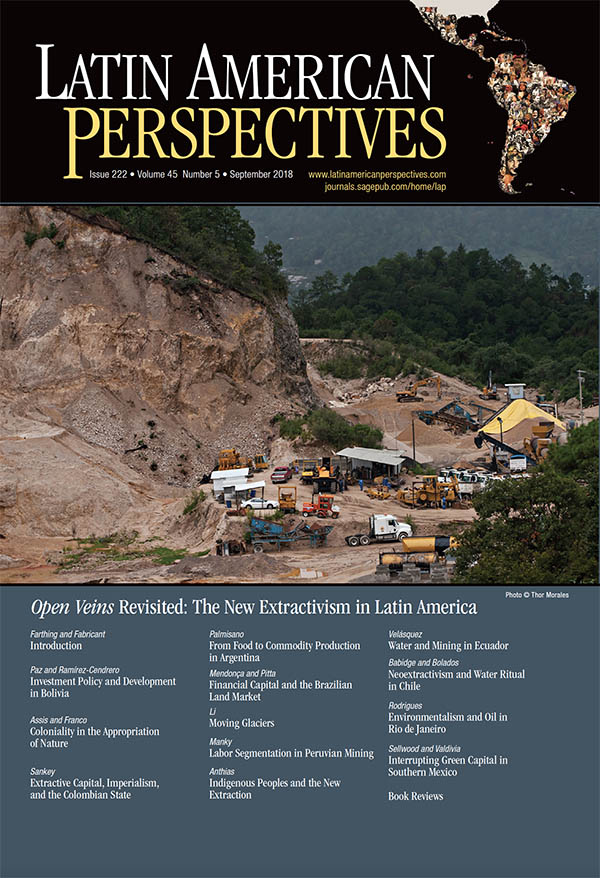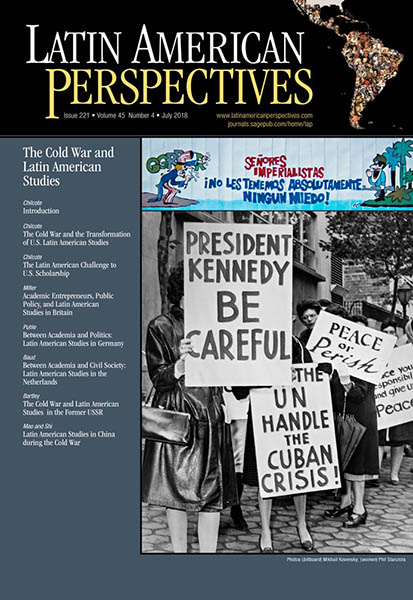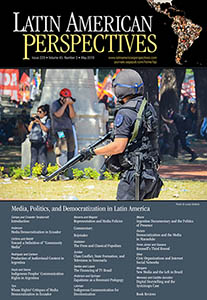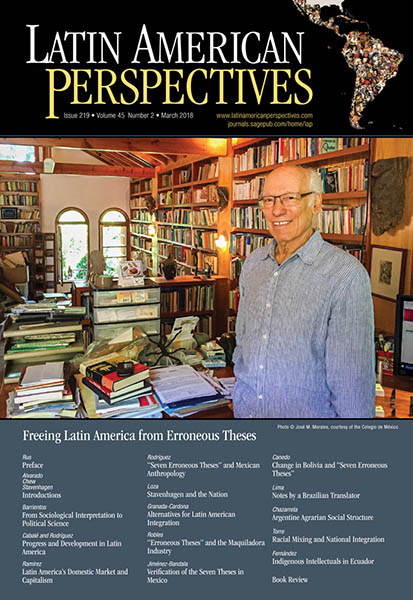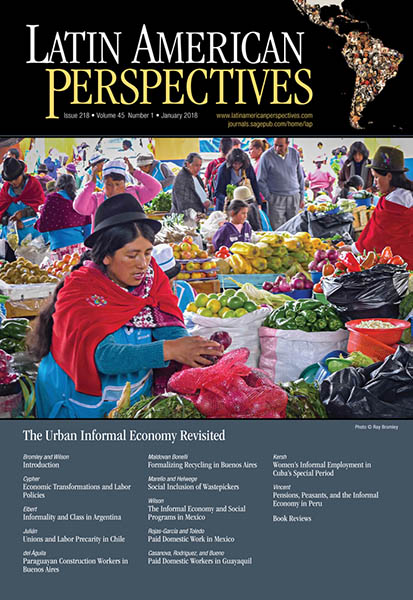Issue #222 Nov 1 2018 Volume 45-6
This issue covers a number of topics that are very much in the forefront of political discussion, among them immigration, indigenous rights, workers’ struggles, and governance. TABLE OF CONTENTS | PURCHASE THIS ISSUE


